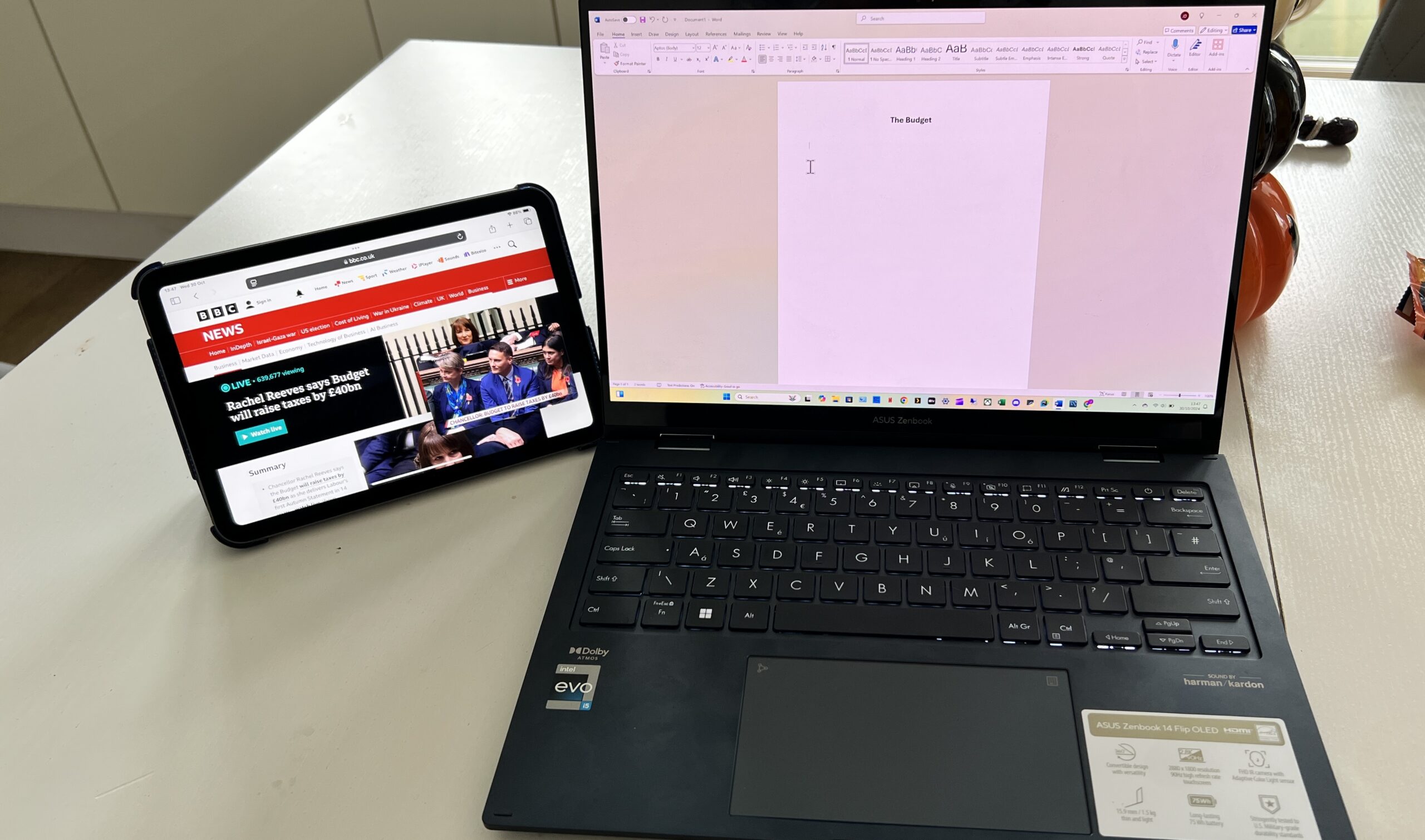The Budget
So here it is, the feared first Labour budget! Was it as painful as expected?
Well lets find out.
To start with, I just want to state that this is not a political site. Just the facts! Just the facts!
So what are the headlines for small businesses:
- National Minimum Wage increased by 6.7% to £12.21 per hour for people aged 21 years and over
- National Minimum Wage increased to £10 per hour for people aged between 18 and 20 years
- National Insurance for Employers (tax a business pays on its employees salary) will rise to 15% (up from 13.8%)
- The threshold for paying this National Insurance will fall from £9,100 to £5,000
- This will be offset by an increase to the Employment allowance will increase to £10,500 (from £5,000 previously)
- From April 2026, the first £1m of combined business and agricultural assets will attract no inheritance tax but over this will attract tax with 50% relief (effective rate of 20%).
- Business rates have a discount of 75% until April 2025. This will be replaced by a discount of 40% up to a maximum discount of £110k
- Corporation tax main rate (profits over £250k) to remain at 25% during the parliament
- Maintaining the “lifetime limit for Business Asset Disposal Relief at £1m, which relates to CGT tax due when selling your business. This will remain at 10% this year, and rise to 14% in April 2025.
A from a personal tax point of view:
- Income tax/ Employee National Insurance thresholds and rates to remain frozen until 2028 but then may rise after to protect against inflation
- Capital Gains Tax (CGT) will increase from 10% to 18% (lower rate) and higher rate from 20% to 24%. This will impact on assets as shares/investments and second homes.
- CGT on residential homes stay the same (18%/24%)
- Stamp duty land tax surcharge for second homes to be raised by 2% to 5% (effective 31 Oct 2024), impacting landlords
- Inheritance tax threshold frozen to 2030 (£325,000 rising to £500,000 for estates with residence passed to direct descendants and £1m when tax free allowance is passed on)
- Inheritance tax will apply to inherited pensions from April 2027
So what does this all mean?
As expected there are some hefty tax rises in here with the intention of raising investment and closing budget deficits. Again, keeping away from politics, there was one main area which I found interesting.
Everyone knew that National Insurance Contributions for Employers was going to increase. Every time you pay your employees you will also need to pay HMRC NI on those wages (once your total NI bill exceeds the thresholds for the year). So this rate has increased 1.2%. The pain of this has been amplified by also reducing the threshold from £9,500 to £5,000 per year.
So no doubt that business have been asked to pay a larger part of the tax burden. But which businesses? It looks like the bigger businesses.
This is because smaller businesses can offset some of this increase via an increase to Employers Allowance. But what is this?
As an employer who owes less than £100k of NI in the previous tax year and have more than one employee on payroll, you are able to claim up to £10,500 against any Employers National Insurance tax owed. This was previously £5,000.
Therefore, some protection for very small businesses and start ups looking to expand.
However, there will still be many challenges such as increases in minimum wages, business rates discount drop and many frozen thresholds (and therefore the impact of inflation).
Other increases are those around assets.
Inheritance tax thresholds have been frozen, which means that as assets increase in value due to inflation, the amount of tax owed will also increase. Adding to this is that inherited pensions are now included.
Capital Gains Tax have also seen increases. So if you owe shares or a second home and make a gain when selling, you will now pay additional 8% at the lower rate (now 18%) and additional 4% at the higher rate (now 24%).
Continuing the taxing of second homes, stamp duty surcharge will increase 2% (to 5%).
As I always warn with these updates, the devil is in the detail. Hopefully this gives you a good overview but please check with your advisors as every ones situation is unique.

